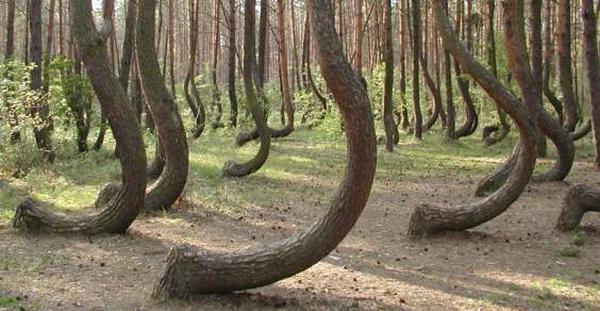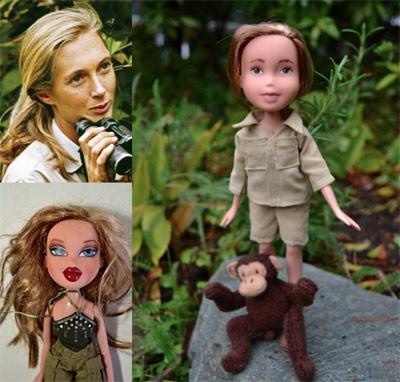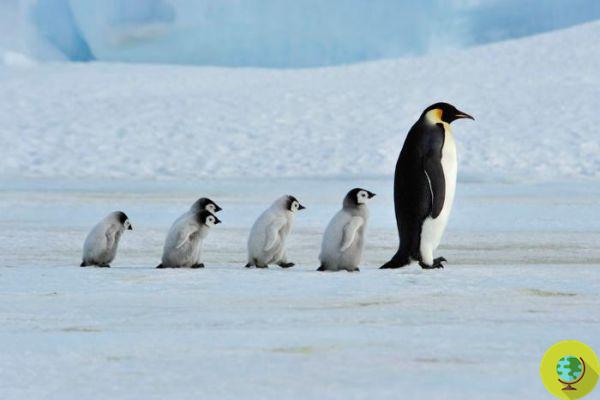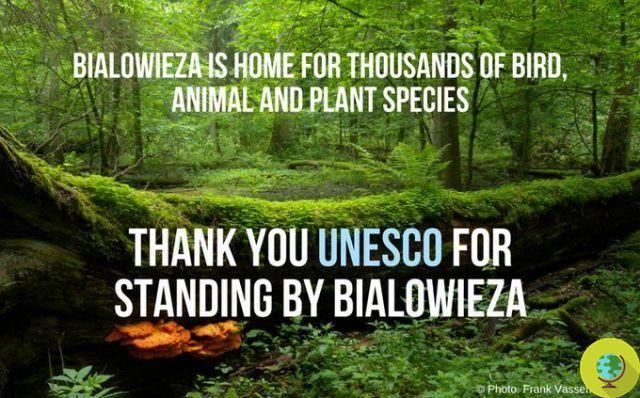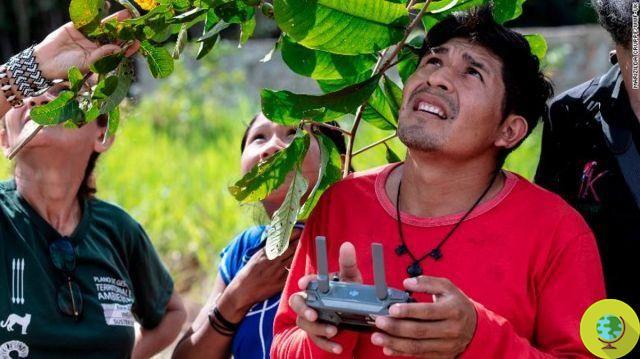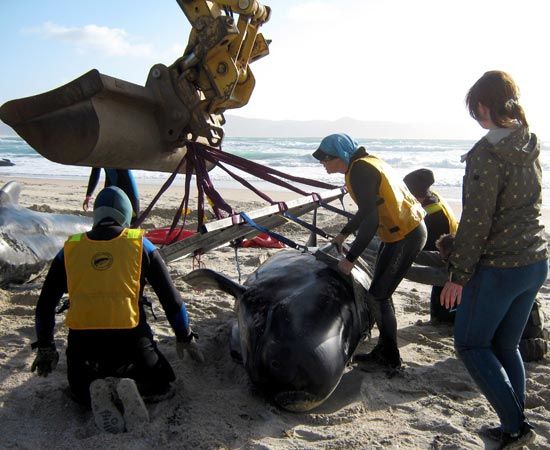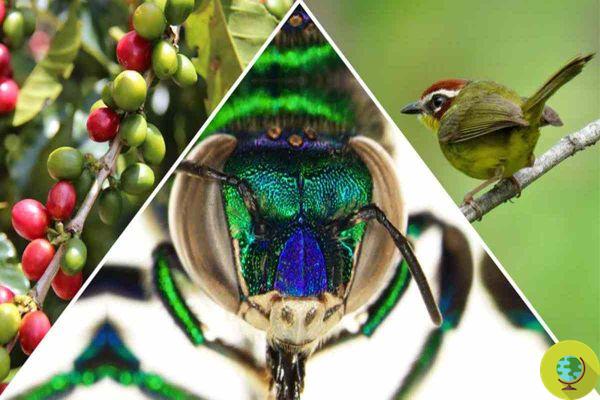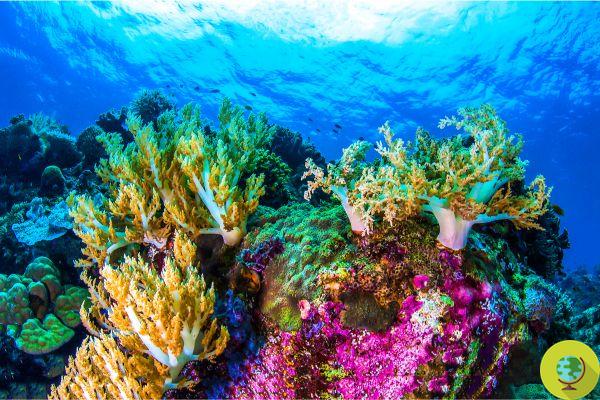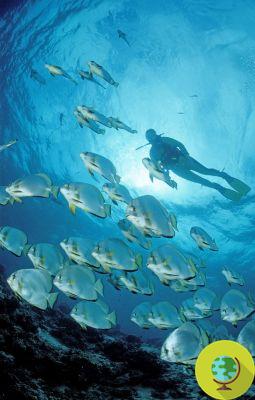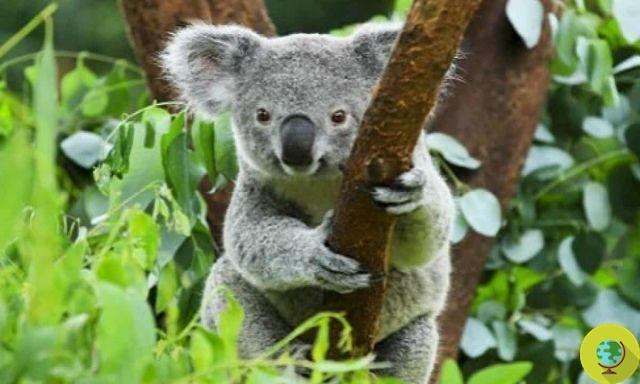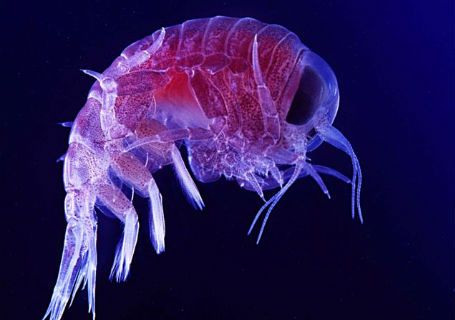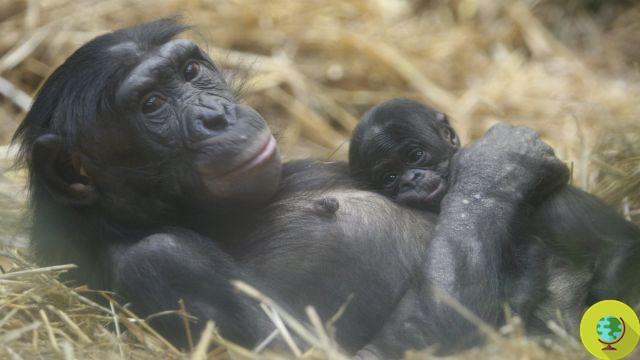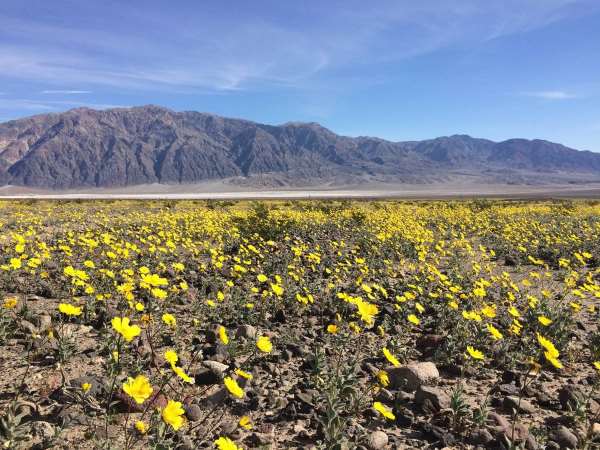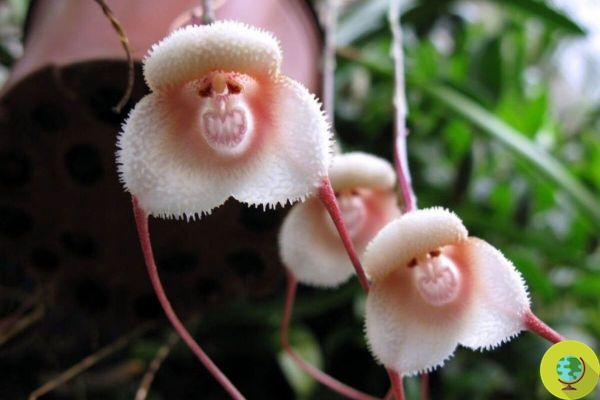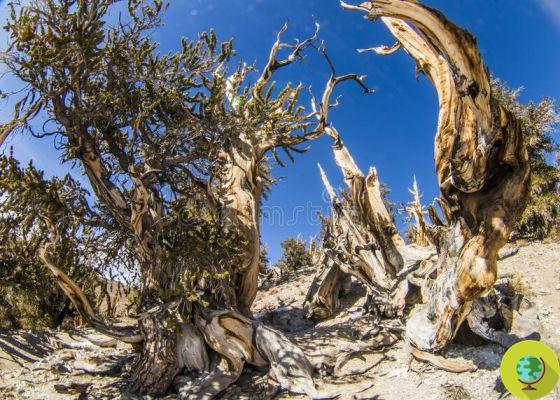To resist rising temperatures, animals expand their appendages to better disperse the accumulated heat
He is about to end up run over, his mother saves himTo try to resist rising temperatures, some animals are expanding their appendages to be able to better disperse the accumulated heat
Humans aren't the only ones having to adapt to the effects of global warming. Also plants and animals are undergoing real transformations to try to resist an environment that is changing at a sudden pace. In particular, a new study conducted by researchers at Deakin University in Australia has shown that some warm-blooded animals are re-adapting the shape of their bodies to adapt to the new and increasingly warm temperatures: wider and more massive legs, the appearance of beaks and ears. more protruding.
This phenomenon is known as'Allen's rule': warm-blooded animals that live in cold areas and are forced to deal with colder climates tend to have smaller appendages (for example legs, tail or beak) to disperse heat less; on the contrary, animals belonging to the same species but living in warmer environments expand their appendages to disperse more heat.
These drastic changes in the shape of the body have so far occurred in a very long time, spread over millennia of generations. Now, however, in the face of a climate emergency that is pressing at a rapid pace, these forms of adaptation can be observed in much more stringent times and this worries scientists a lot: climate change is putting pressure on animal species, and those that do not. they will be quick to adapt to new temperatures and are destined to die out in a very short time.
Among the animals observed in the study are some bird species endemic to Australia and North America. In particular, some Australian parrot species have shown an increase of between 4% and 10% in the size of their beaks since the late XNUMXth century, with rising temperatures to blame. The dark-eyed junco, a bird native to North America, also exhibits an evident increase in the size of its beak, which helps it to disperse excess heat accumulated by the body more effectively.
The fact that animals somehow adapt to climate change by changing their bodies does not mean that all is well - warn authors of the study. - It simply means that they are doing what they can to survive.
Follow us on Telegram | Instagram | Facebook | TikTok | Youtube
Fonte: Trends in Ecology & Evolution
We also recommend:
- At the Venice Film Festival, a short film on the climate crisis makes us reflect: this is what awaits us if we do not immediately do something
- Kiwis are singing again! Thus New Zealand is saving its national symbol animal from extinction
- From sharks to the Komodo dragon: almost a third of the species of animals and plants assessed by the IUCN are at risk




